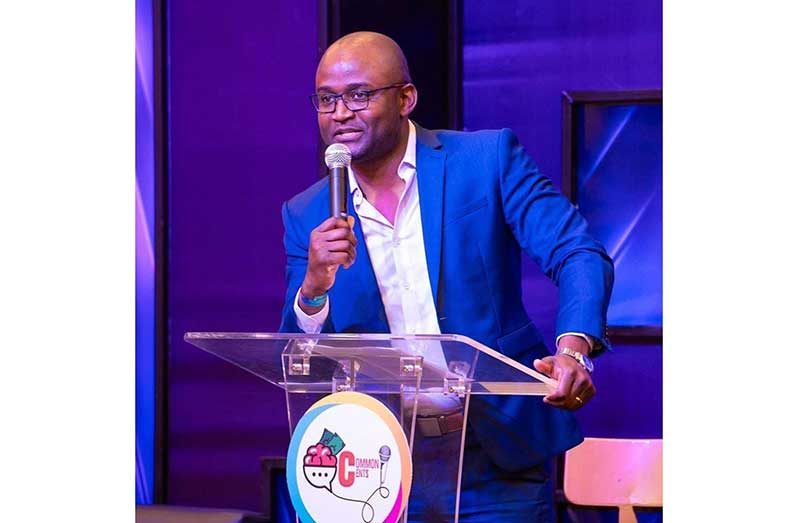GUYANA’S electoral system is built on collective decision-making and party-based structures, not personal ambition, warns University of Guyana academic, Kofi Dalrymple, as the country gears up for General and Regional Elections on September 1.
Dalrymple, who serves as Dean of the Faculty of Engineering and Technology, weighed in on recent public discourse sparked by United States-sanctioned businessman and tax evasion accused, Azruddin Mohamed self-declared presidential bid.
In a Facebook post, he pointed out that Guyana’s political framework does not support individual presidential runs but rather a group-driven, proportional representation process.
“In our electoral process, one person cannot run, much less win an election in Guyana. It takes a team, a process, and real democratic consensus starting at the grassroots,” he stated.
The announcement, though met with curiosity by some, prompted the academic to clarify that Guyana does not operate under a U.S.-style primary system.
“We have a party-based proportional representation system, not a US-style primary. Here, a party or group forms a list, gets the required signatures, and selects a presidential candidate from within. That’s the first step in our democratic process—step one is nomination through group engagement, not self-declaration,” Dalrymple explained.
Against this backdrop, he raised critical questions about the implications of pre-emptive self-nomination, noting that it could limit their opportunity to be considered for leadership roles.
“If someone declares themselves as the candidate before the list is even formed, what happens to others who join later? Aren’t they forced to fall in line behind a decision they had no part in, even if they’re more capable or electable than a self-declared candidate?” he asked.
Dalrymple argued that forming a political party, recruiting a slate of candidates and developing democratic internal mechanisms to select a presidential nominee are essential components of Guyana’s electoral architecture.
“This is why historically people say, ‘I’ve formed a party and plan to contest the elections.’ Forming the party, getting the candidates, establishing an internal party democratic system that leads to the nomination is the work to be done,” he said.
Referring to a widely shared video inviting citizens to join a new political effort, Dalrymple added, “I suppose all who join now are clear that they are contending for other positions, because the top spot, so to speak, is filled.”
He concluded by asking whether the electorate should be cautious of self-declared bids that bypass the necessary democratic checks, warning that such approaches may undermine transparency and inclusiveness in leadership selection.




.jpg)










